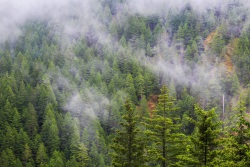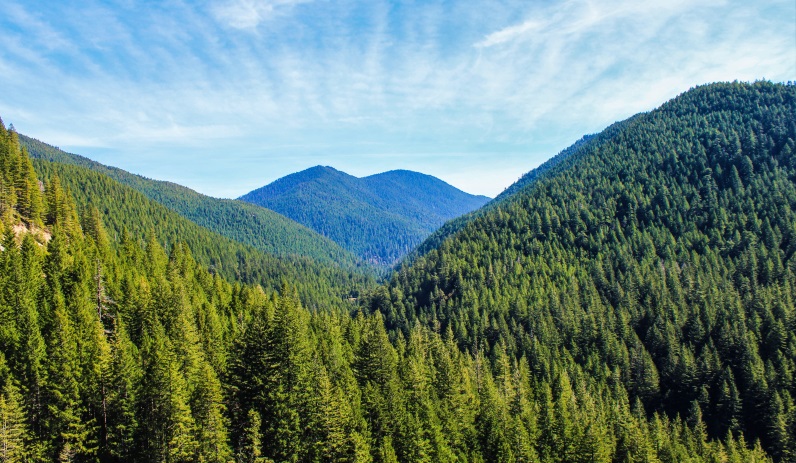We all deal with the wilderness differently. For some, it’s a frightening thing, to be so far from streets and buildings and cell service, to look out to the horizon and see only trees. For others, that same experience is spiritual, exhilarating, a feeling that we are reconnecting to something primeval and important. And no matter our experience, if we don’t come prepared and knowledgeable, we are bound to struggle.
 But if wilderness is something we experience alone, then outdoor school is fundamentally about community. Outdoor school in a remote wilderness like Opal Creek confronts children with deep silence, vast spaces, and towering nature, but in the safety of a supportive group of familiar faces. Outdoor school pushes students past what used to be the limits of their world, and shows them another way to be.
But if wilderness is something we experience alone, then outdoor school is fundamentally about community. Outdoor school in a remote wilderness like Opal Creek confronts children with deep silence, vast spaces, and towering nature, but in the safety of a supportive group of familiar faces. Outdoor school pushes students past what used to be the limits of their world, and shows them another way to be.
And while exactly what this means will be different for each child, it’s an experience they will all have. It’s an experience that doesn’t ask where your parents came from or what language you speak at home. You don’t need a visa to breathe clean mountain air or feel a salamander slip through your fingers. You don’t need to agree with the person standing next to you to share the awe of a startled songbird bursting overhead.
You don’t even need to be good at school to be turned on by outdoor school. Outdoor school doesn’t ask children to sit still with eyes forward. It asks them to explore, to engage, to use their hands and their senses as a tool for understanding the world. It asks them to be kids. Often it’s the students who struggle the most in the classroom who get the most out of outdoor school. It teaches these students that their way of knowing is valuable, too.
Outdoor school doesn’t ask you who you love, how you pray, or what it says on your birth certificate. It asks you to read the signs all around you and determine the health of the ecosystem, to dive deep into the connections between organisms and see which links are strong and which links are failing. It asks you to be present.
Being present today means knowing that our ecosystem isn’t as resilient as we may have thought. It means connecting with other organisms to protect diversity, honor differences, and strengthen community. Because without community, we are entering the wilderness alone, and we all deal with the wilderness differently.


